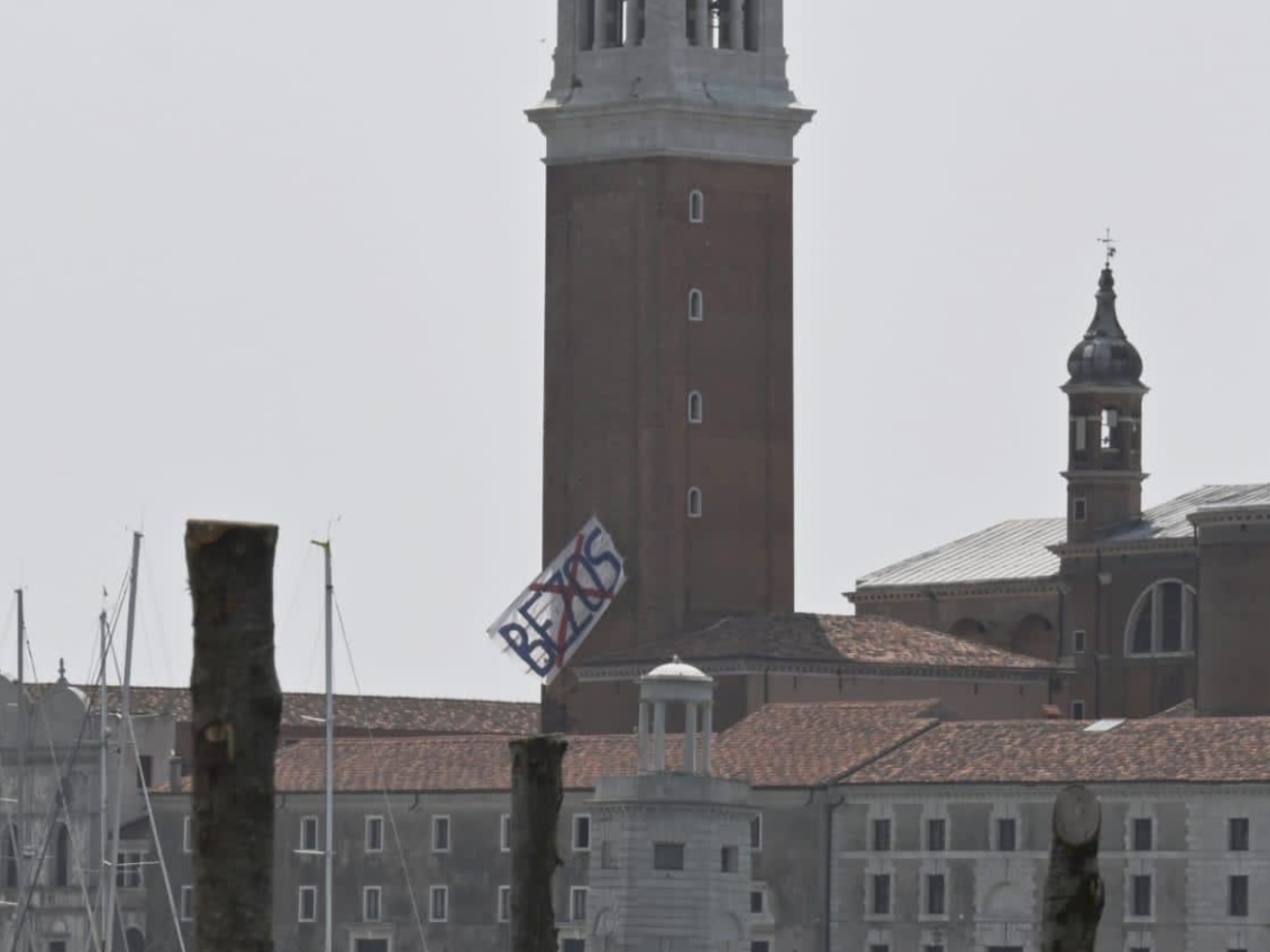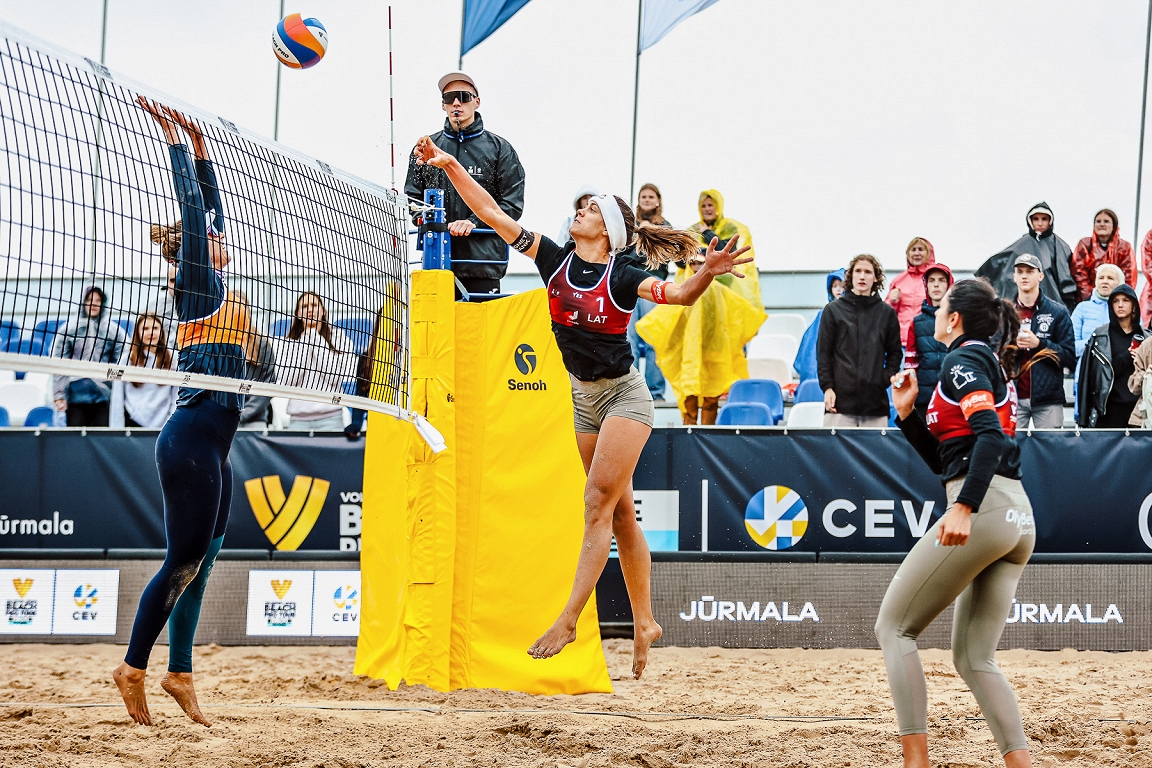Column | Not as democratic (more) as we think ourselves
:format(jpeg):fill(f8f8f8,true)/s3/static.nrc.nl/bvhw/wp-content/blogs.dir/114/files/2019/01/graaf-beatrice-de-online-homepage.png)
What does you get tired of? From all the clients who marched over the screens and newspaper sections in recent days? Or of the ‘perpetrators’, the ministers and politicians of this cabinet himself, who blamed all others except themselves? Or should we perhaps get tired of something completely different?
First, let’s look at the interpretations about the underlying causes and possible reactions from ‘angry voters’ to the cabinet trap?
In addition to many circular reasoning (dissatisfaction, Wilders produced the dissatisfaction, who withdrew because of that dissatisfaction and created even more dissatisfaction), there were also some attempts to dig deeper, at least it seemed. The dissatisfaction was on the big gap between the ‘Randstad and The Hague’ on the one hand and the ‘Deputy’ elsewhere in the country. Experts managed to report this in a large newspaper. Only, in the same week, the SCP had neatly calculated That that geographical gap was based on Apekool and that socio-economic class is much more predictive than where you live. Others believed that it was the gap between low and highly educated, which was just as clearly refuted.
A spin doctor of the VVD came up with the psychologist Daniel Kahneman. He explained the discontent and the choice for populists from the fact that voters were mainly addressed on their ‘fast brain’ (system 1), and much less on their slow, rational, substantive (system 2). Populists play conveniently on that system-1-brain with their incitement and hyperbole language, and the VVD had fought them. In retrospect, the spin doctor was a bit sorry that he had exceeded that ‘thin line’ to populism. But yes, once our reptile brain has been cranked, it is difficult to deactivated it again.
Little substantive reflection
Then about the ‘perpetrators’ behind the fall, all the ministers about that I can be short, there was little substantive reflection. We do not have to repeat their real or played emotional statements and you-baking here.
But now we focus on ourselves. Isn’t it time that we get a little tired of our own tendency to prefer a fuss above content?
Sometimes it is good to leave the Dutch cheese cloak, and to listen to what the neighboring countries stand out. In addition to the evidence of surprise-how can they do this to themselves with the NATO summit in prospect-there was one very clear explanation that I have not heard well in the Netherlands: political amateurism with the parties that had put this kind of drivers forward. In German and Italian media, the inability of the Dutch ministers was looked at with incomprehension. But above all: how was it possible that the voters did not see that they themselves always opted for ‘police dilettants’ or ‘pyromaniacs’ in key positions?
Well, how do we deal with political amateurism in the Netherlands? The short answer is: not. The Netherlands suffers from the law of the inhibiting lead, at least in its own political-cultural self-awareness. We believe that we are historically paramount when it comes to the introduction and implementation of representative democracy. Was the Netherlands not already a republic in the 17th century? And did not take a constitution and ministerial responsibility without much revolutionary hassle when the rest of Europe exploded in a civil war? That is why it is difficult for the Dutch to explain that they may not be as democratic as they think themselves. Whether that requires democracy exercise, and not thrives on wild points plans alone?
With democracy, the individual liberties are always considered in the Netherlands. And that will be a great thing. But democracy is not just finding something or shouting for Jesélf. Citizenship is that you also stand up and your commitment to the collective. You need exercise, knowledge and training for that. Partly for that we have political parties. These are the vehicles that were conceived to look after interests, to participate in elections, to write party programs and to grow drivers at local, regional and national level. But nowadays they have become campaign machine for only one member, the leader.
Corruption scandals
In recent decades, almost all of our neighboring countries have boosted the professionalism and integrity of their parties. After a few corruption scandals, the French and Italians were forced to introduce stricter rules for financial transparency of parties and ministers in the 90s. In the United Kingdom, after the Brexit, and the dark cash flows that were involved, donations from abroad are more or less prohibited. In Germany, where the parliament was attacked a few times by Russian hackers and spies, the sanctions are even harder.
No, then the Netherlands. Probably the combination of democratic self -overestimation and individual stubbornness on 29 October simply yields more amateurist single -pairing.
That is why it is time to really work on those precious pillars under our representative democracy: the political parties. As voters, let’s put pressure on our parties to professionalize the party legislation. That does not mean that cramped bill to prohibit parties. More needs to be done to make our parties more professional, more democratic and more transparent. Because then both members and voters learn in time in their own circle: belonging to instincts and reptile brains in the zoo and not in the Lower House.
Beatrice de Graaf is a professor of history of international relations in Utrecht.

:format(webp)/s3/static.nrc.nl/wp-content/uploads/2025/06/12092343/data133529504-04f29a.jpg)
:format(webp)/s3/static.nrc.nl/images/gn4/stripped/data133531223-1fbb38.jpg)



